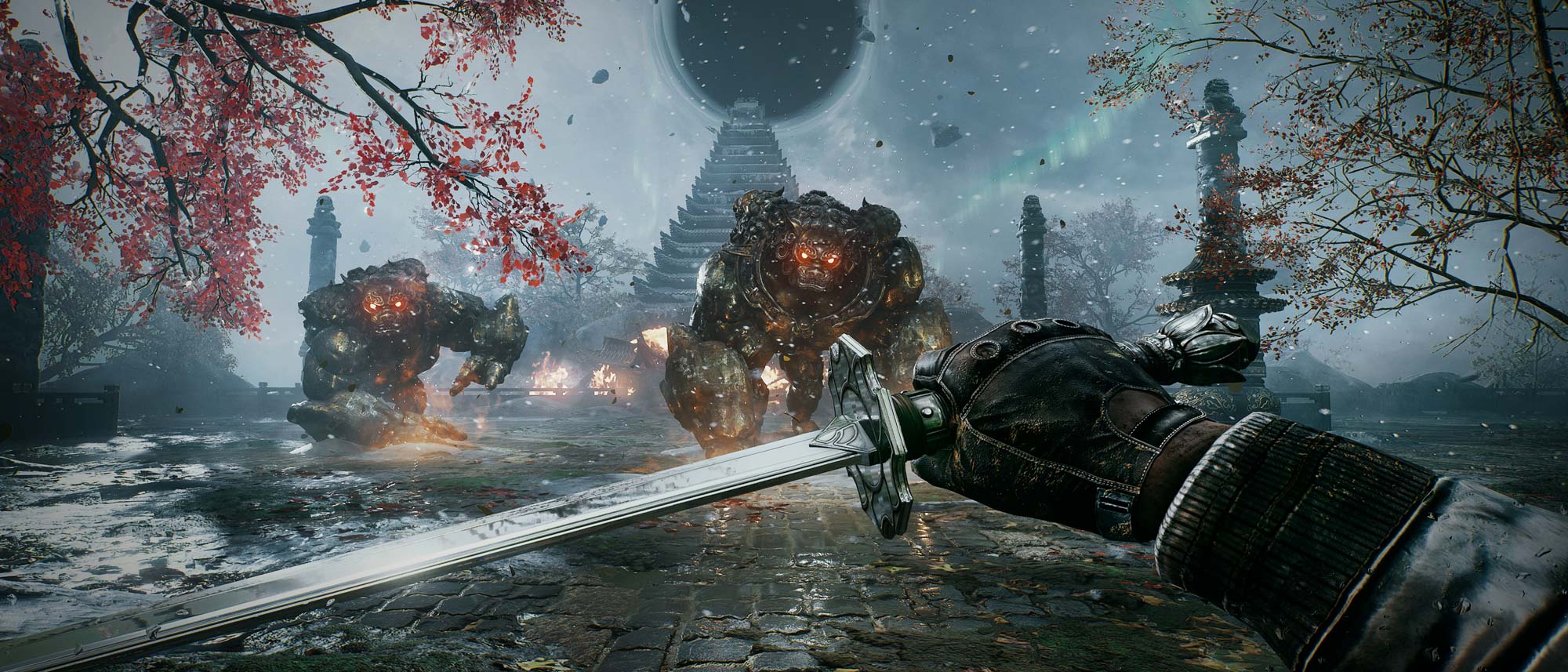Tom's Guide Verdict
In Bright Memory: Infinite, a brief campaign doesn't keep the game from providing some above-average shooter excitement.
Pros
- +
Thrilling gameplay loop
- +
Fast-paced campaign
- +
Impressive visuals, for the budget
Cons
- -
Incoherent, unfinished narrative
- -
Boring cast of characters
- -
Lack of replayability
Why you can trust Tom's Guide
Platforms: PC, PS5, Xbox Series X/S, Nintendo Switch
Price: $20
Release Date: July 20, 2022
Genre: First-person shooter
You'd be forgiven for assuming that Bright Memory: Infinite is a direct sequel to the action-packed Bright Memory. Solo developer Zeng Xiancheng's first game was a graphically impressive first-person shooter that clocked in at less than an hour long, serving more as a tech demo than a full-fledged experience. Rather than produce a direct sequel, though, Xiancheng and the team at Playism have opted to reimagine the first game and expand on its ideas with Bright Memory: Infinite. It's about double the length of Bright Memory, but improves on the original game's vision in some key ways.
If you're seeking a beefy, big-budget shooter with a memorable story and characters, Bright Memory: Infinite almost certainly isn't what you're looking for. However, if you're willing to embrace the game's brevity as a strength, you may find that this compact redo packs a surprising amount of creativity and fun. Read on for all the details in this Bright Memory: Infinite review.
Bright Memory: Infinite review: Story
For a game that you could easily beat in less than two hours, you might not expect a detailed backstory or expansive character arcs, but Bright Memory: Infinite appears disinterested in trying to tell a story at all. Attempting to understand what's happening, or how any of the characters connect to each other, is virtually useless. The developers seem to have thrown the incoherent narrative together by picking random sci-fi nonsense out of a bowl.
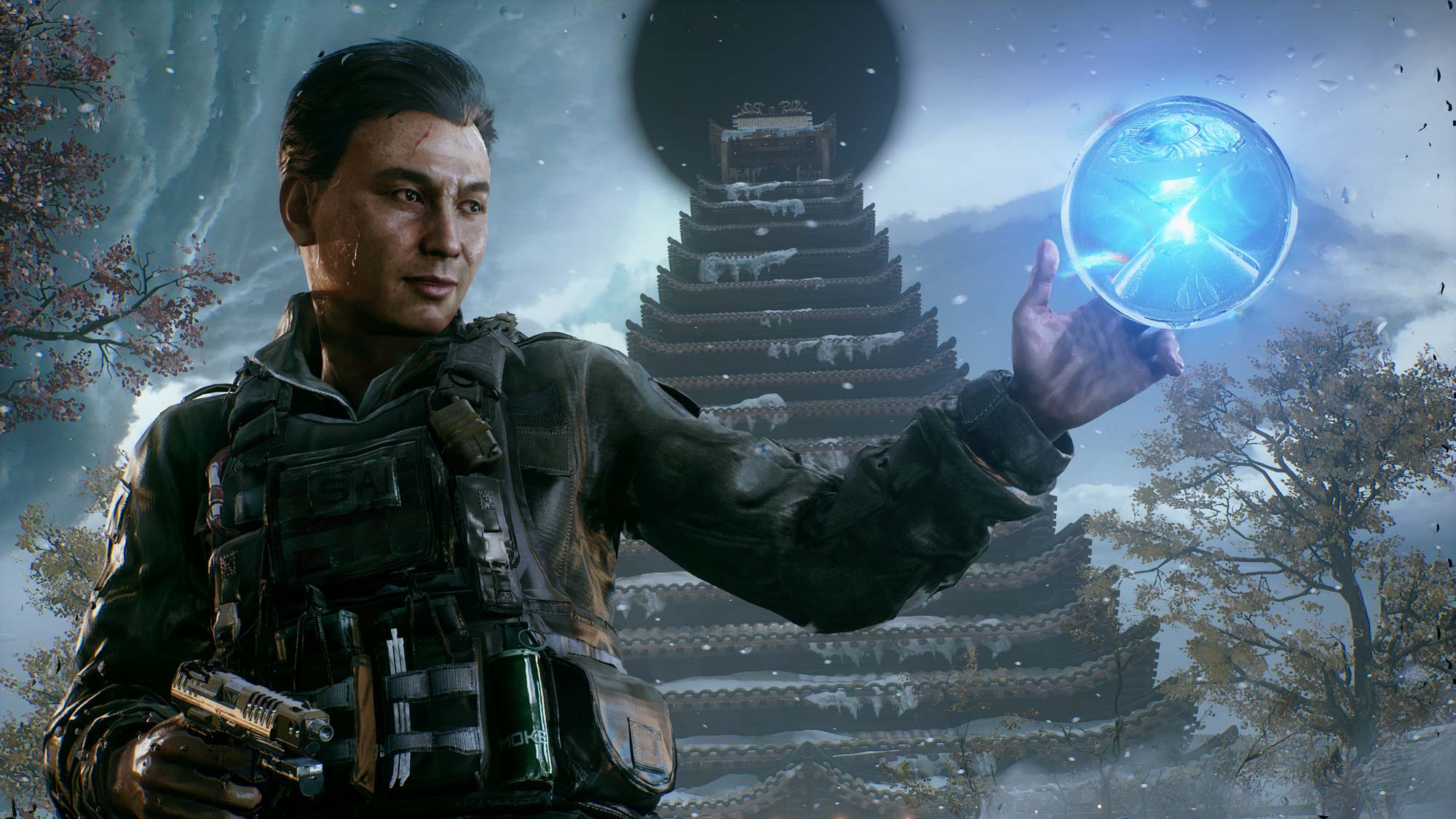
Xiancheng's reboot carries over the first game's utterly forgettable protagonist Shelia, an agent for the Supernatural Science Research Organization. This time, she's attempting to stop a sudden anomaly that could blend together different universes – a plan set in motion by a nefarious villain, who has only moments of screen time and no explained motive. Despite the cast spouting a bunch of jargon at each other throughout the brief journey, the game ends without closure or justification for anything. The narrative is never downright insufferable, but being pointless might be an even greater offense.
Bright Memory: Infinite review: Gameplay
Luckily, Bright Memory: Infinite makes up for its narrative failures with a creative set of combat and movement options, which you can combine to become a veritable whirlwind of death. Without a defined purpose for existing, the game's collection of standard soldiers and ambiguous supernatural beings are just fodder for you to gun down, and slaying them is a thrill. There's a lot to enjoy here, and it all works together better than you might expect.
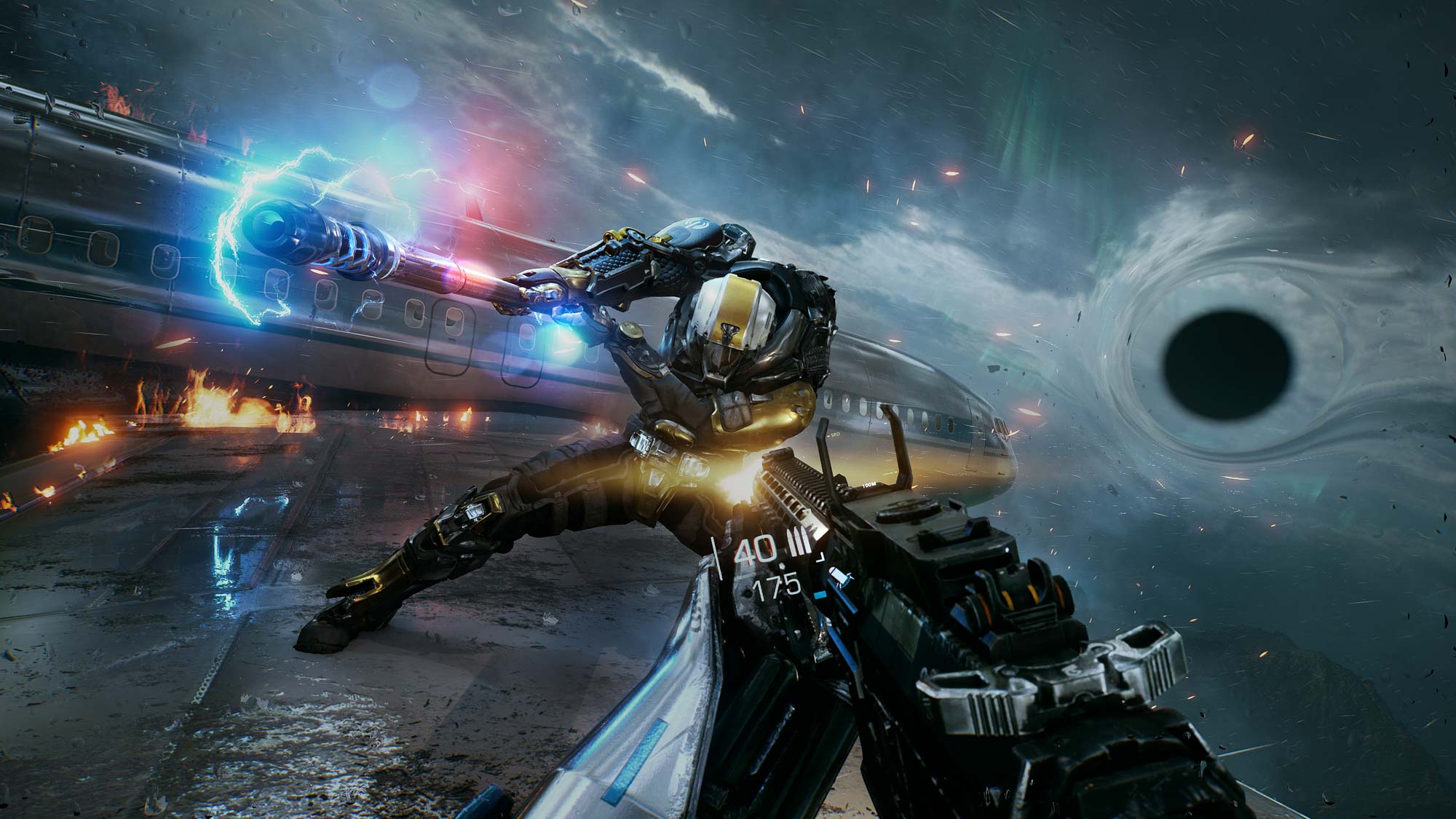
Borrowing liberally from popular games such as Titanfall and Shadow Warrior, Bright Memory: Infinite's Shelia has access to double jumps, grappling hooks, wall-runs and more, which complement the game's parkour-laden level design. And while the paths you take in the game are largely linear, having so much maneuverability – especially during combat encounters – makes the experience feel a bit more freeform than it actually is.
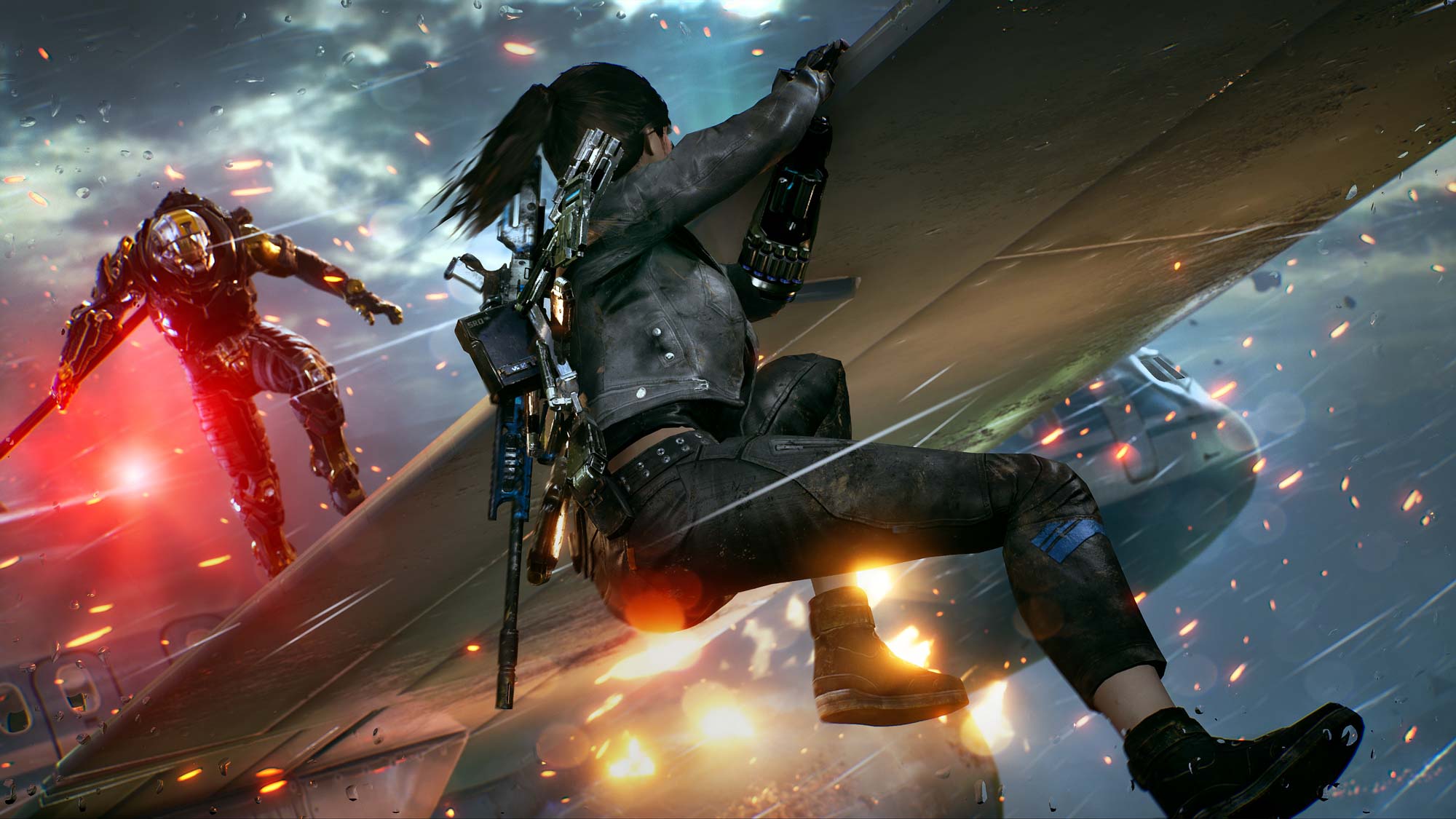
There's a heavy focus on melee combat, as Bright Memory: Infinite asks you to string together sword swings and movement skills to create some pretty impressive combos. Some battles unfold at breakneck speeds, so learning the timing of enemy attacks is pivotal to your success. Once you've tapped into the satisfying rhythm of the swordplay, parrying a foe, propelling them skyward and delivering a devastating air combo becomes second nature.
Get instant access to breaking news, the hottest reviews, great deals and helpful tips.
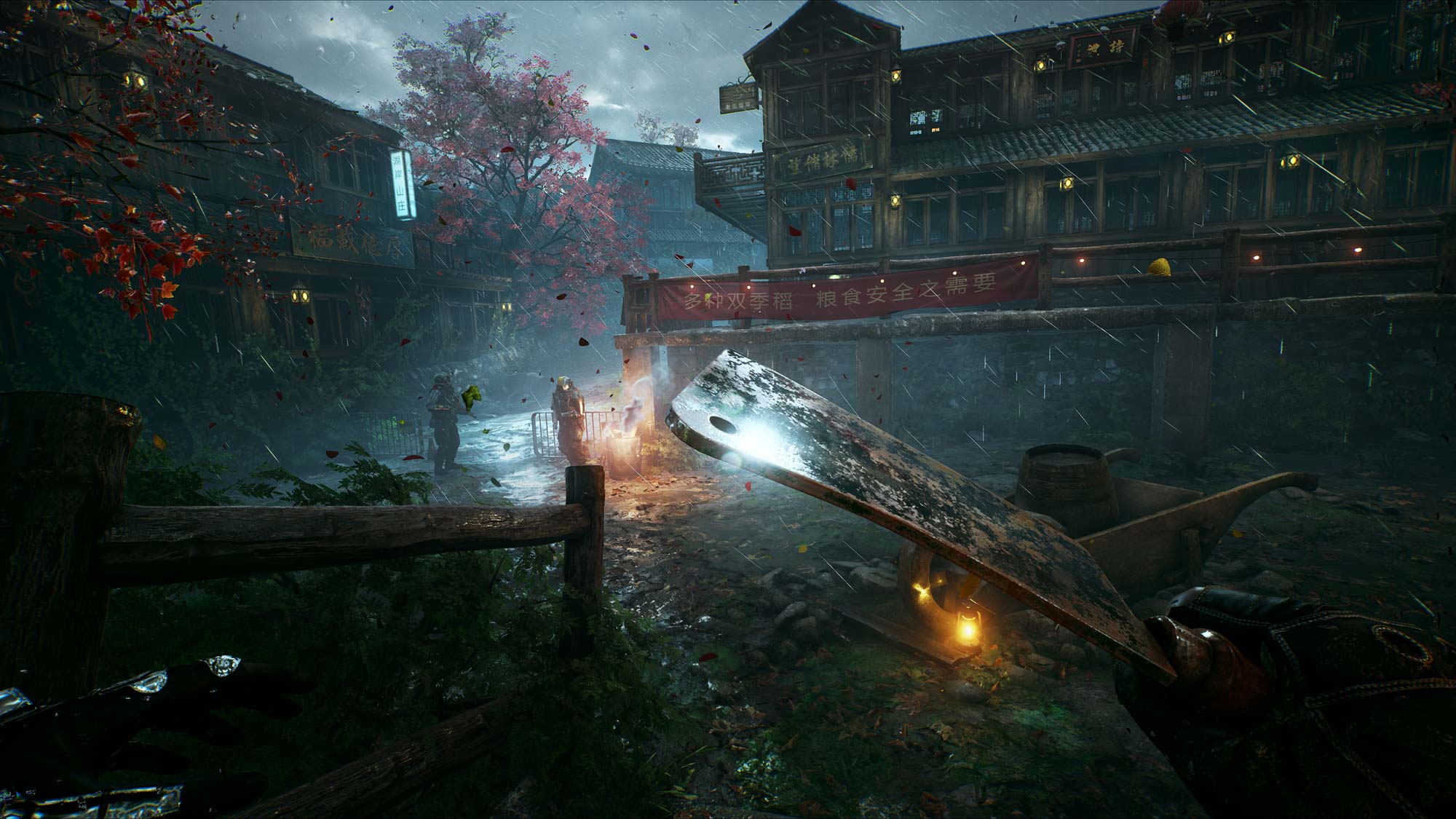
Shelia also has access to a fairly by-the-numbers arsenal of guns, including staples such as shotguns and assault rifles. Ammo is plentiful enough that I never ran into a problem using these weapons frequently. There's nothing special about any of them, but the shooting feels tight and responsive, and I was consistently enthralled by the dance of blending together melee and ranged options. With a handful of flashy elemental skills to unlock and use along the way, there's definitely no shortage of ways to dispatch opponents.
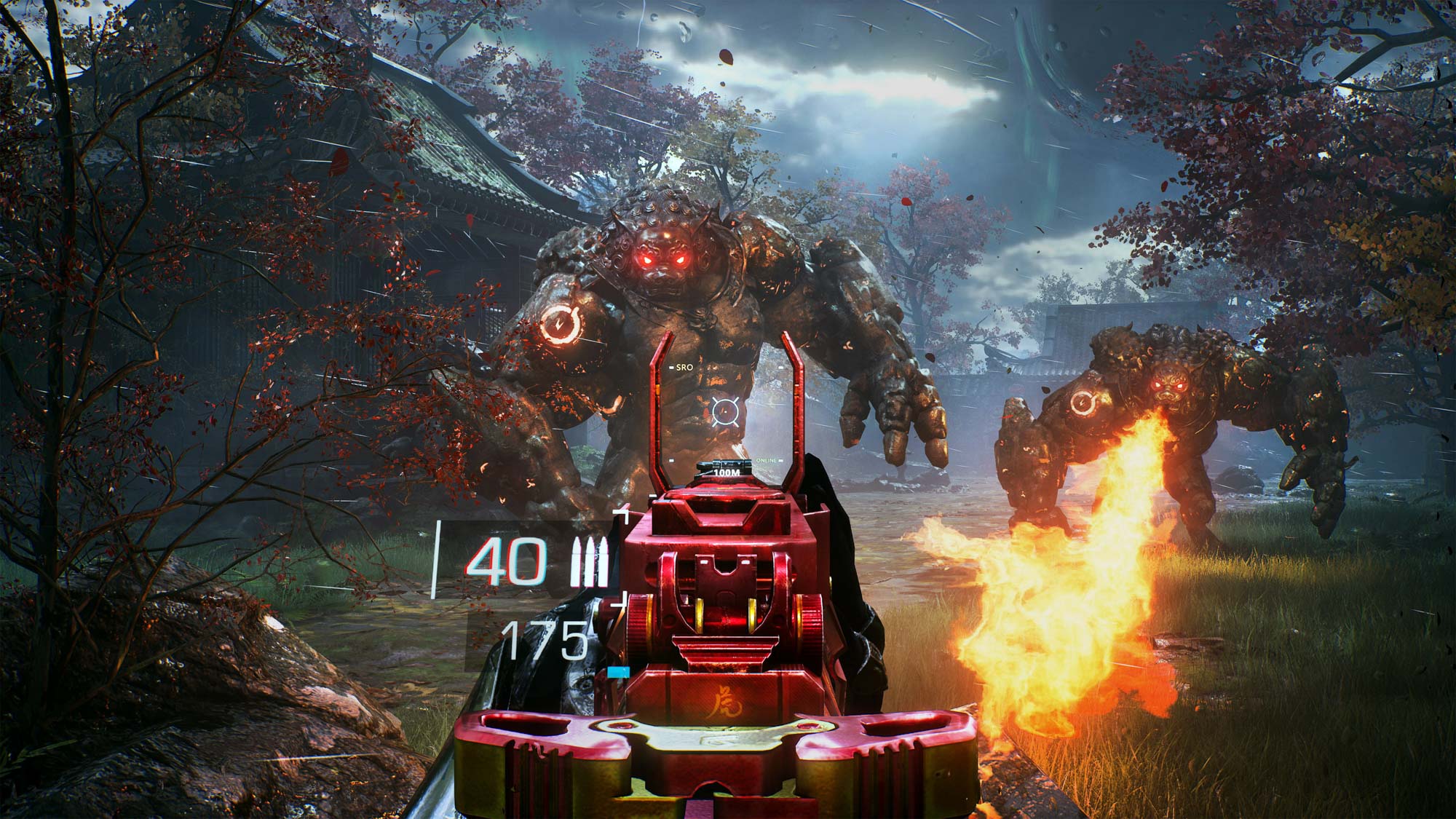
One-off set piece events are also scattered throughout the levels for a change of pace. While they're not nearly as fun as the core gameplay loop, they're mostly entertaining diversions, and rarely last long enough to be bothersome. The exception is an obligatory stealth segment that feels far too rudimentary to drag on for as long as it does. Otherwise, the game is so fast-paced and devoid of filler that this single misstep is easy to forgive.
Sadly, for a campaign that wraps up so quickly, there's not much to do after the credits roll. You can revisit levels to find collectible relics, which you can use to purchase some additional skills, but this takes an extra half-hour at most. Replaying the game on a higher difficulty is basically all that's left, so there's very little incentive to keep the game around once you've done a run or two.
Bright Memory: Infinite review: Visuals and Sound
Despite the fact that Bright Memory: Infinite is a budget title from a small studio, it sports a level of quality in its visuals that we rarely see outside of big-budget titles. The game supports two graphics modes on consoles: one with ray tracing at 60 frames per second, and another that can boost performance up to 120 fps. Regardless of which one you use, Bright Memory: Infinite is a surprisingly pretty game. It features some gorgeous weather effects and well-designed environments, even if the character models and animations seem a bit underwhelming in comparison.
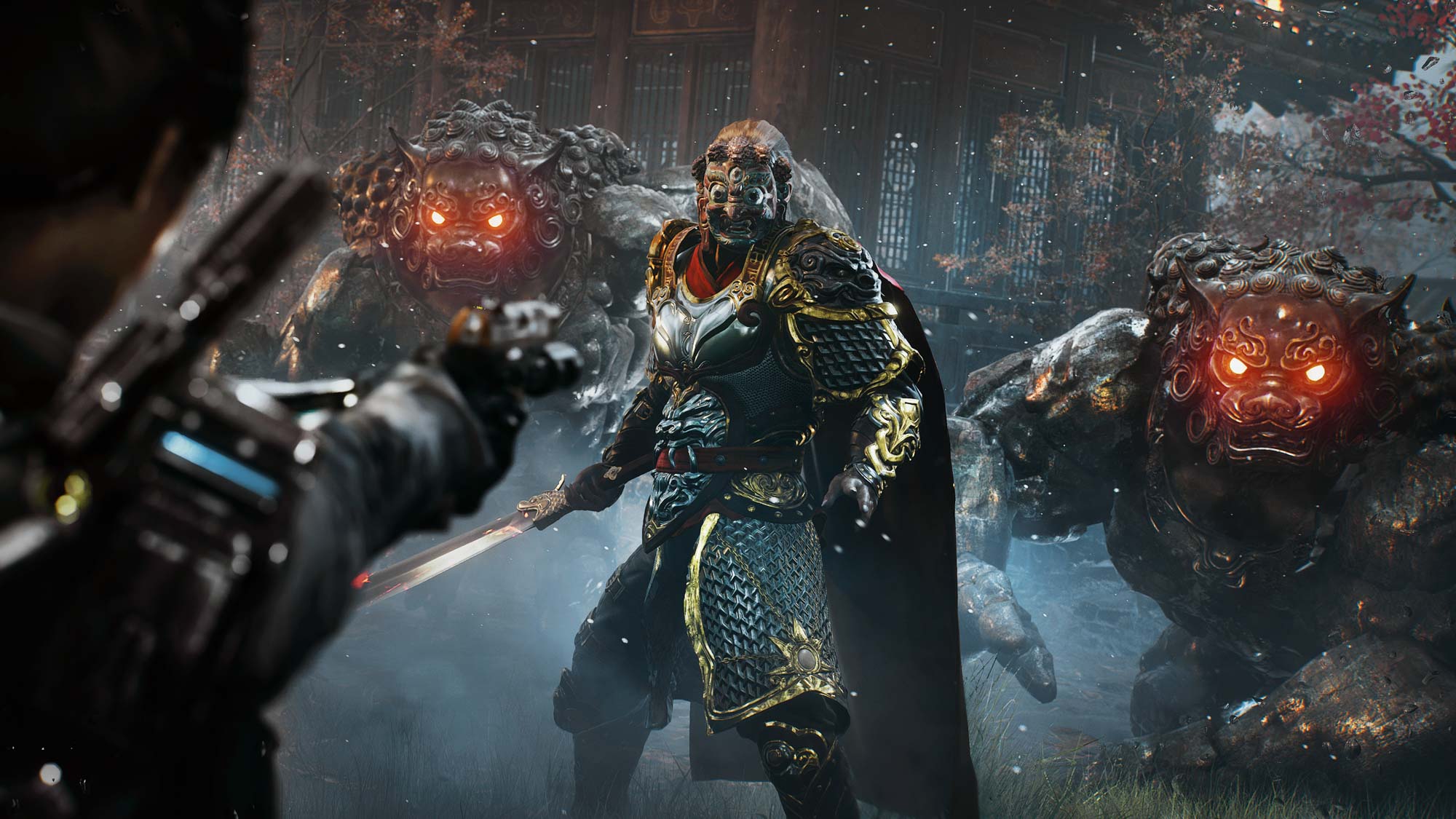
Meanwhile, the voice acting ranges from decent to good — although it hardly matters, since the game's banal script does little to give any of the characters life. Shelia and the game's supporting cast have effectively zero chemistry with one another, leaving them as nothing more than mind-numbing clichés who drive forward the barren narrative. Similarly, the score is generic and repetitive, serving its purpose in the background without ever leaving a lasting impression.
Bright Memory: Infinite review: Verdict
Even though the game's length sounds like a weakness on paper, Bright Memory: Infinite manages to spin its brevity into a strength by condensing all of the best parts of modern shooters into a rousing two-hour event. By ditching nearly all of the filler that tends to slow down the average game, the experience remains engaging throughout, and ends without any of its mechanics ever becoming stale. A pointless narrative and low replayability are admittedly hard to ignore. But a low asking price makes Bright Memory: Infinite worth grabbing for anyone who wants to spend an afternoon slicing and shooting.
Billy Givens is a journalist with nearly two decades of experience in editing and writing across a wide variety of topics. He focuses particularly on games coverage for Tom's Guide and other sites including From Gamers Magazine, Retroware, Game Rant and TechRaptor. He's also written for self-improvement sites such as Lifehack and produced in-depth analyses on subjects such as health, psychology and entertainment.
